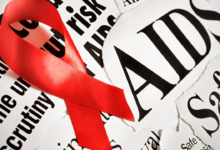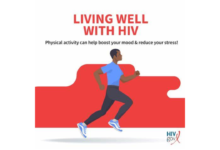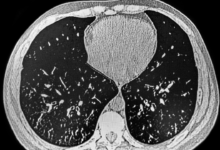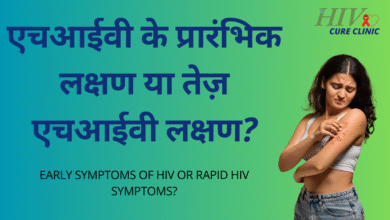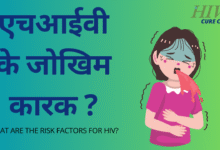What is a HIV Diseases ?
HIV (Human Immunodeficiency Virus) is a virus that attacks the body’s immune system, specifically the CD4 cells, which are vital for fighting infections. If left untreated, HIV can lead to Acquired Immunodeficiency Syndrome (AIDS), a severe condition where the immune system is significantly weakened, making the body vulnerable to opportunistic infections and certain cancers. Unlike many other viruses, the body cannot completely eliminate HIV, meaning it is a lifelong infection.
HIV is primarily spread through unprotected sexual contact, sharing needles, and from mother to child during childbirth or breastfeeding. It is not transmitted through casual contact, like hugging or sharing utensils. Early symptoms of HIV might resemble the flu, but as the disease progresses, individuals may experience weight loss, fever, fatigue, and other health issues. While there is currently no cure for HIV, antiretroviral therapy (ART) can effectively control the virus, allowing individuals to lead healthy lives.




